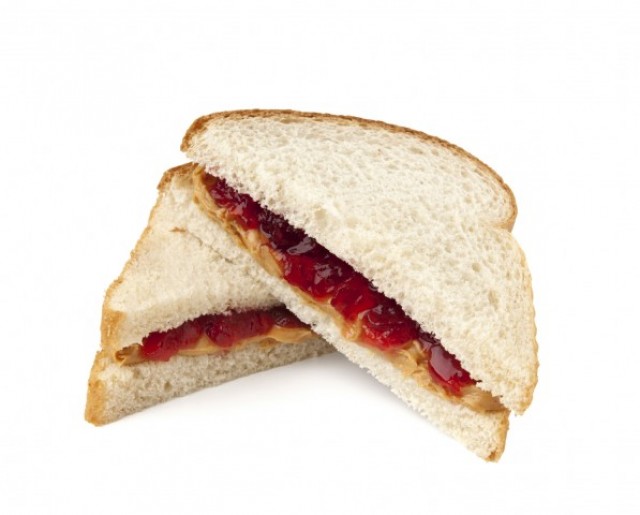You just completed a job interview and might be wondering, do I really need to send a thank-you email, a handwritten note, or anything at all?
The answer is YES!
Do send a thank-you as an email — just be sure it is targeted, memorable, and sent within 24 hours after the interview. You would be surprised how many job applicants fail to write a thank-you letter, thinking it won’t help them to clinch the job. The truth is a well-written thank-you letter allows you another opportunity to engage with the interviewer and could be the deciding factor on whether or not you get the job offer.
How Do You Write an Effective Thank-You Letter?
Whatever you do, resist the urge to copy a template thank-you letter. You can use a template as a starting point for format and function, but it’s always best to personalize your letter.
Think of it like a great PB&J sandwich: The top layer of bread is your opening; this is where you remind the prospective employer of the position you have applied for (specifically mention the title) and thank them for the opportunity. The bottom layer is your closing, where you again thank them for the opportunity and ask them to take the next step in hiring you by showing your enthusiasm for and commitment to joining their team. But the middle is where you put all the good stuff. It is your opportunity to connect with your interviewer on a memorable discussion point during the interview and directly relate it to your experience. Can you show your value to them? Did the employer make a particular point about the business that you feel meets your unique qualifications? How can you contribute toward the success of their business? Can you share your perspective on how you would approach the plans? This shows the employer that you connected with their goals and can effectively communicate how you fit into those plans to help them visualize you as part of their team.
Check out our infographic for more information!
Other Tips for Successful Thank-You-Letter Writing
- Start your email thank you with a solid subject line such as “Thank You” or “Interview Follow Up”. Strive for simple and straightforward.
- You will want your thank you to closely mimic a typical letter. This means you will want to start with your contact information at the top (be sure to include your email and phone number). For an opening salutation choose “Dear Mr., Mrs., Ms.” followed by their last name. Your letter should be about three paragraphs long and close with “Sincerely” and your first and last name.
- If your interview was with a group of people you can choose to send the thank you to the main contact or to each individual you interviewed with. Should you choose to do this, be sure it is personalized for each recipient. Otherwise, it will look like a generic thank you.
- Format should be left justified.
- Choose a direct communication style and professional tone with grammatically correct sentence structure. Remember that, while you are personalizing your letter, you want to keep it brief and targeted.
- Avoid superfluous language that doesn’t move the conversation forward.
- Don’t be afraid to show some personality. For instance, do you have a shared love of a sports team based on seeing the signed Patriots jersey in the interviewer’s office? Find a way to work that into your letter.
- Use of emoticons are best saved for personal use with your friends.
- Finally, before you hit send, it is crucial that you first run Spell Check, then thoroughly proofread your letter for accuracy, tone, and intent.
It Doesn’t End There
Best-case scenario, your thank-you letter is a slam dunk and you get the job!
What happens if you don’t get the job, though? Take one more step and write an additional thank-you letter to reiterate your thanks for the consideration and that you are open to other opportunities which fit you better. You never know — they may have really liked you and see you as a fit for their company culture, but perhaps you came in second to the candidate who accepted the offer. This doesn’t mean it’s over. There could be other openings down the road that they see you in. Your commitment to this second letter really shows the employer your level of maturity at accepting rejection and that you are leaving the door open to future opportunities.
Want more? If you are a Johnson & Wales University student, you can download the JWU Interviewing Guidebook (visit link.jwu.edu > jobs & internships > interview skills), which includes a sample basic template for a thank you letter. This is a starting point. From here, if you follow the steps to personalizing your value to the prospective employer it will help to set you apart from the applicant pool. Experiential Education & Career Services is on Facebook, Twitter, and Instagram — follow us!
Learn more about the online undergraduate and graduate degree programs offered by the JWU College of Online Education.
